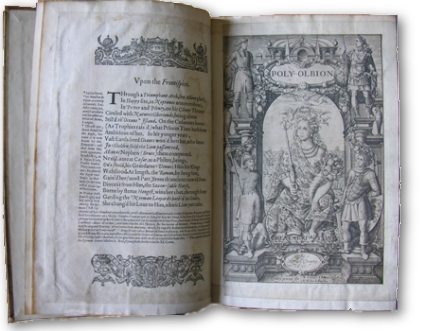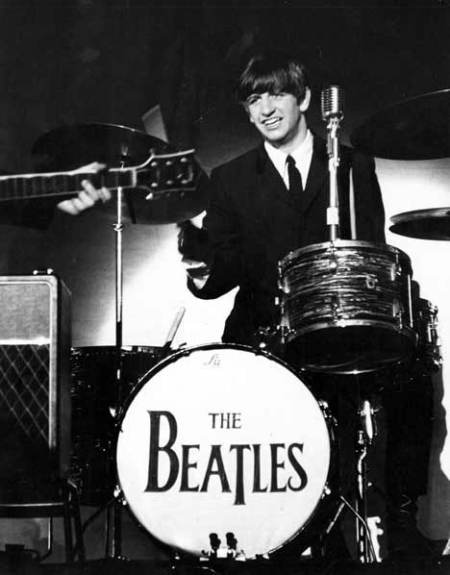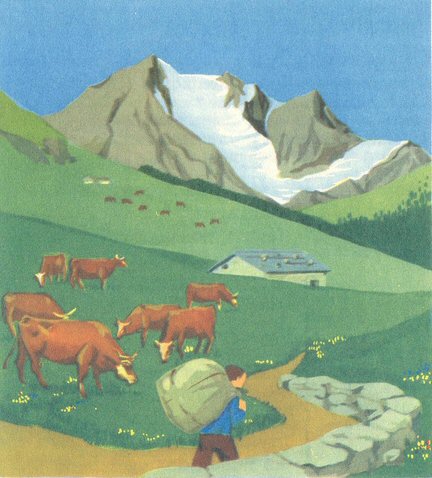Like William Taylor Marrs, Blodgett had to weigh in the balance being dead with chills or having an inner concrete lining. He was, at the time, shivering in an Antarctic cabin, having been lured there, and then abandoned, by the criminal lunatic Babinsky. Though not of a neurasthenic bent himself, Blodgett was immensely well-read in the literature of neurasthenia, as he was in the broader field of peplack. We can ascribe this unlikely erudition to the influence on the young Blodgett of his schoolteacher Margbort Stuke, for whom pep was king, and queen, prince and princeling, lord, baron and marquise. Contracted by the school to teach alg ‘n’ trig, he was ahead of his time – perhaps regrettably – in that his lessons were more concerned with self-esteem and diversity. (Incidentally, he went on to teach a college course in serial killer studies, in which the career of Babinsky loomed large.)
So as he sat quaking in his cabin with icicles forming on his nose, Blodgett recalled the choice made by Marrs in Confessions Of A Neurasthenic (1908) and resolved to cultivate an inner concrete lining. It was for this reason that he mustered a pack of huskies, harnessed them to a sledge, and mooshed them north, until he reached the sea. From there, he stowed away aboard a steamer, a sort of Arthur Gordon Pym of Nantucket on a reverse journey, fetching up eventually upon a beach suitable for his purpose.
Blodgett built himself a shelter using driftwood and fronds, and spent months living on the beach, daily ingesting a diet of sand, crustacea, fruit-pips, oysters, and seashells. Gradually his limbs began to stiffen, but he was at no risk of chills, for even at night it was a hot beach, as beaches go.
Eventually the concrete encrustment within him rendered Blodgett almost wholly immobile. Before complete rigidity set in, he made a flag out of cut and dyed fronds, fixed it to a pole, and awaited rescue.
Carried aboard the HMS Corrugated Cardboard by stretcher, one morning in September, Blodgett was deposited in a lifeboat and covered with a tarpaulin. Twice a day a deckhand would appear, fold back the tarp, shove a funnel into Blodgett’s mouth, and pour into it an anticoagulant soft drink, sweet and syrupy, with just a hint of steak and kidney pie. By the time the ship docked at Tantarabim, Blodgett was able to walk ashore unaided, though his gait was the subject of chuckles. He went immediately to an experimental medical facility where his inner concrete lining, now somewhat softened, was extracted in one piece, drawn out through his left ear with pliers and tweezers. Exposed to the gusty Tantarabim air, it soon hardened again, and Blodgett made a living for a few years exhibiting it, standing alongside him, under the show business moniker Blodgett And His Almost Life-Size Concrete Effigy. He would play sprightly tunes upon a xylophone while his concrete counterpart stood as if listening with rapt attention.
That same gusty Tantarabim air eventually brought Blodgett down with chills, and though he did not die from them, he returned to the medical facility to see if it was possible to have his inner concrete lining reinserted.
“That will not be possible,” said the medical facility head honcho, who was none other than Babinsky in heavy disguise. He watched the disappointed Blodgett traipse away down the path, snuffling, hand in hand with the concrete effigy, and his lunatic criminal brain plotted a further enormity.





